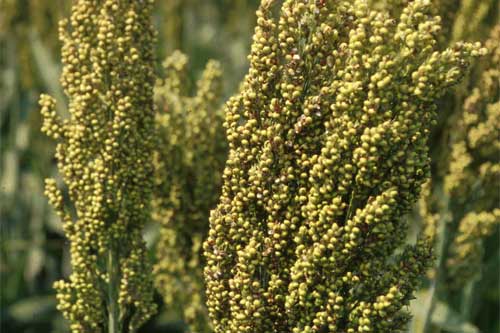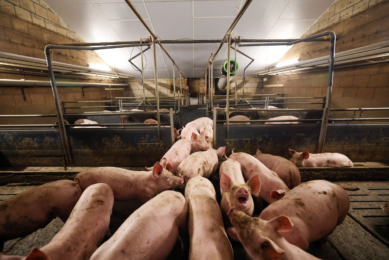Swine feed project seeks new crops for North Carolina

US state of North Carolina hog producers and farmers could benefit from the launch of the Biotechnology Crops Commercialization Centre in testing new crops for their herds.
The new crop commercialization centre will target potentially valuable crops adapted to North Carolina’s diverse soil, climate and agribusiness conditions.
Its first project is the Swine Feed Project, to reduce swine feed imported to North Carolina, potentially through grain sorghum – a corn-like feed grain not typically grown within the state.
The project is funded by a $150,000, two-year grant from the Golden LEAF Foundation and $100,000each from the North Carolina Pork Council and Warsaw, N.C.-based Murphy-Brown, LLC, the livestock-production subsidiary of Smithfield Foods.
Murphy-Brown is the world’s largest pork producer, feeding 17 million market hogs each year.
Raw materials deficit
The state’s animal industry uses about 300 million bushels of grain per year, while North Carolina farmers grow about 80 million bushels. That leaves a deficit of 220 million bushels.
"We need to reduce the calories coming into North Carolina by boat or train," said Terry Coffey, chief science & technology officer at Murphy-Brown.
"Reducing our grain deficit requires a coordinated effort involving farmers, policy makers, and a wide range of partners."
Two crops of sorghum
Sorghum is better drought resistant than corn and other grains, so it’s better suited to the state’s sandy soils.
When farmers harvest sorghum in the fall, they can plant a second crop to overwinter and harvest in the spring.
Murphy-Brown will buy the sorghum harvested by local farmers in the Swine Feed Project.
The project is carried out by NCBiotech, a private, non-profit corporation supported by the N.C. General Assembly. Its mission is to provide long-term economic and societal benefits to North Carolina by supporting biotechnology research, business, education and strategic policy statewide.











